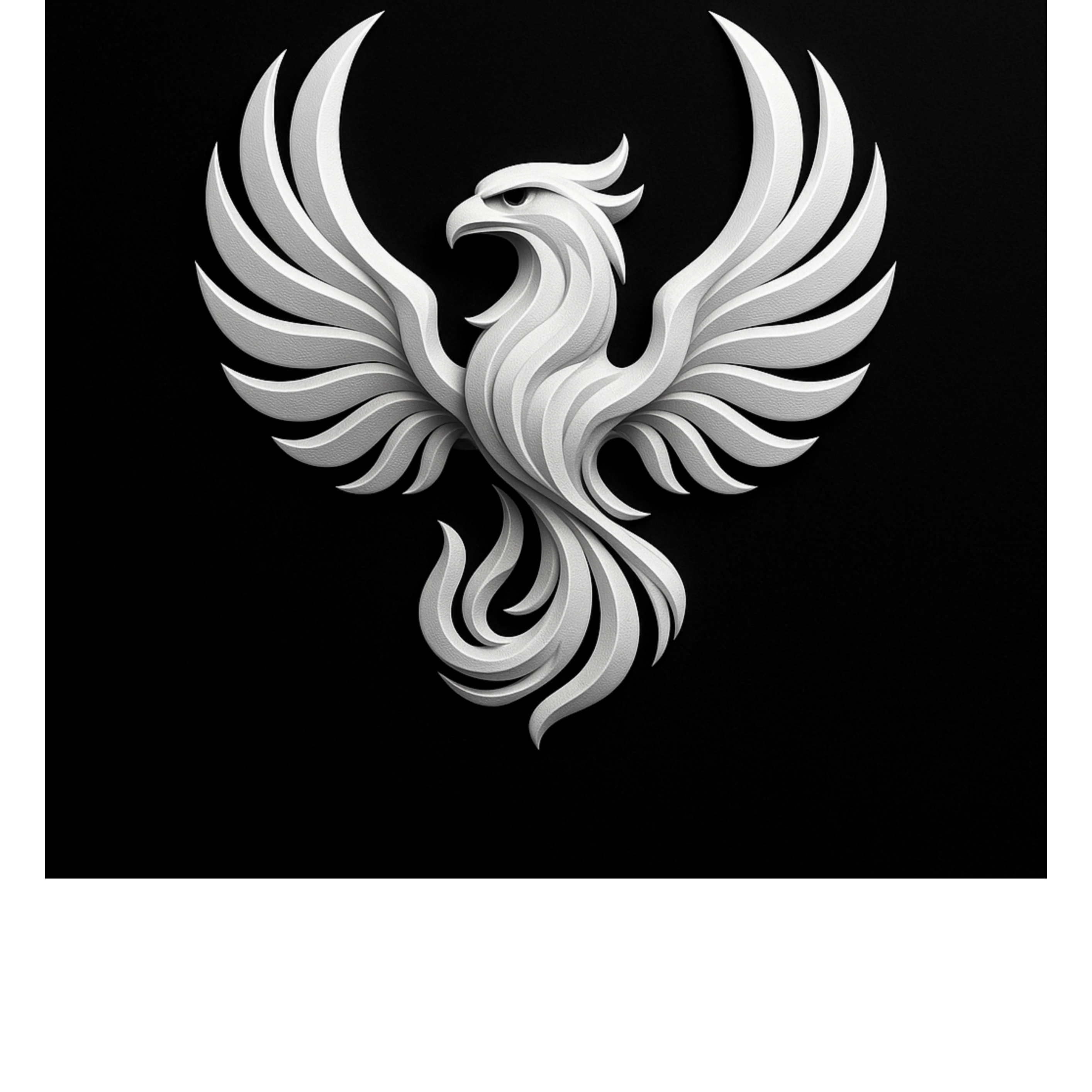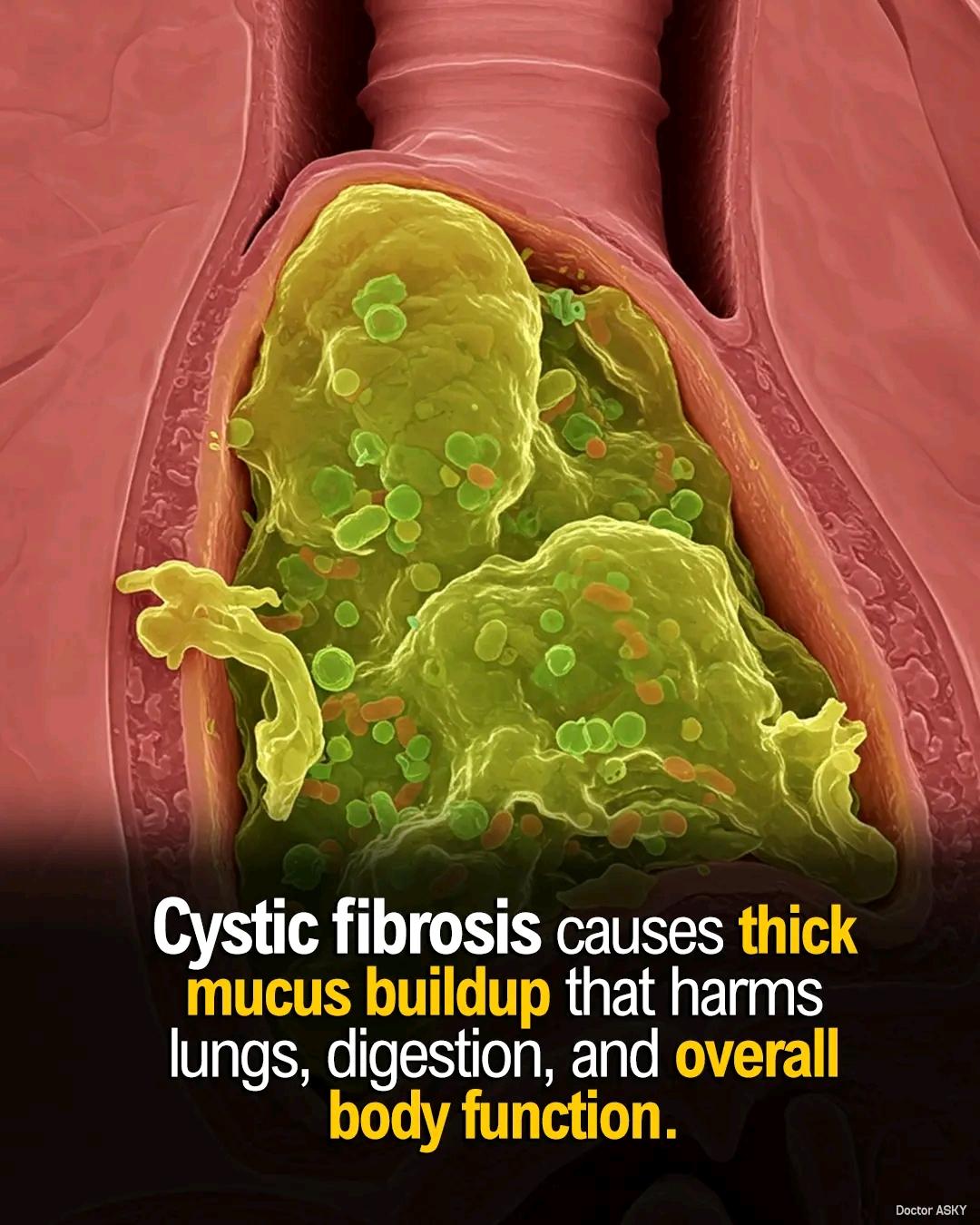Cystic fibrosis is a lifelong genetic disorder that mainly affects the lungs and digestive system, but it can also impact other organs. It happens because of a faulty gene that disrupts how salt moves in and out of cells. As a result, instead of thin, slippery secretions, people with this condition produce thick, sticky mucus that clogs airways, tubes, and ducts. This can lead to serious breathing problems and trouble absorbing nutrients from food.
Symptoms vary from person to person and can show up at different ages. Some people may not notice issues until adolescence. Common respiratory symptoms include persistent coughing, shortness of breath, frequent lung infections, and nasal congestion. On the digestive side, symptoms can include greasy stools, slow growth, poor weight gain, and even bowel blockages. A high salt level in sweat is also a typical sign, which is why a "sweat test" is often used for diagnosis.
Cystic fibrosis runs in families, especially among people of Northern European descent. Complications can be severe—ranging from chronic lung infections and lung damage to nutritional deficiencies, diabetes, and weakened bones. While there’s no cure, early diagnosis and proper care can make a big difference. Treatment focuses on clearing mucus, preventing infections, maintaining good nutrition, and supporting overall health. Simple habits like regular handwashing, avoiding smoke, staying active, and sticking to medical appointments can help manage the condition more effectively.
Symptoms vary from person to person and can show up at different ages. Some people may not notice issues until adolescence. Common respiratory symptoms include persistent coughing, shortness of breath, frequent lung infections, and nasal congestion. On the digestive side, symptoms can include greasy stools, slow growth, poor weight gain, and even bowel blockages. A high salt level in sweat is also a typical sign, which is why a "sweat test" is often used for diagnosis.
Cystic fibrosis runs in families, especially among people of Northern European descent. Complications can be severe—ranging from chronic lung infections and lung damage to nutritional deficiencies, diabetes, and weakened bones. While there’s no cure, early diagnosis and proper care can make a big difference. Treatment focuses on clearing mucus, preventing infections, maintaining good nutrition, and supporting overall health. Simple habits like regular handwashing, avoiding smoke, staying active, and sticking to medical appointments can help manage the condition more effectively.
Cystic fibrosis is a lifelong genetic disorder that mainly affects the lungs and digestive system, but it can also impact other organs. It happens because of a faulty gene that disrupts how salt moves in and out of cells. As a result, instead of thin, slippery secretions, people with this condition produce thick, sticky mucus that clogs airways, tubes, and ducts. This can lead to serious breathing problems and trouble absorbing nutrients from food.
Symptoms vary from person to person and can show up at different ages. Some people may not notice issues until adolescence. Common respiratory symptoms include persistent coughing, shortness of breath, frequent lung infections, and nasal congestion. On the digestive side, symptoms can include greasy stools, slow growth, poor weight gain, and even bowel blockages. A high salt level in sweat is also a typical sign, which is why a "sweat test" is often used for diagnosis.
Cystic fibrosis runs in families, especially among people of Northern European descent. Complications can be severe—ranging from chronic lung infections and lung damage to nutritional deficiencies, diabetes, and weakened bones. While there’s no cure, early diagnosis and proper care can make a big difference. Treatment focuses on clearing mucus, preventing infections, maintaining good nutrition, and supporting overall health. Simple habits like regular handwashing, avoiding smoke, staying active, and sticking to medical appointments can help manage the condition more effectively.
0 Комментарии
0 Поделились
301 Просмотры



